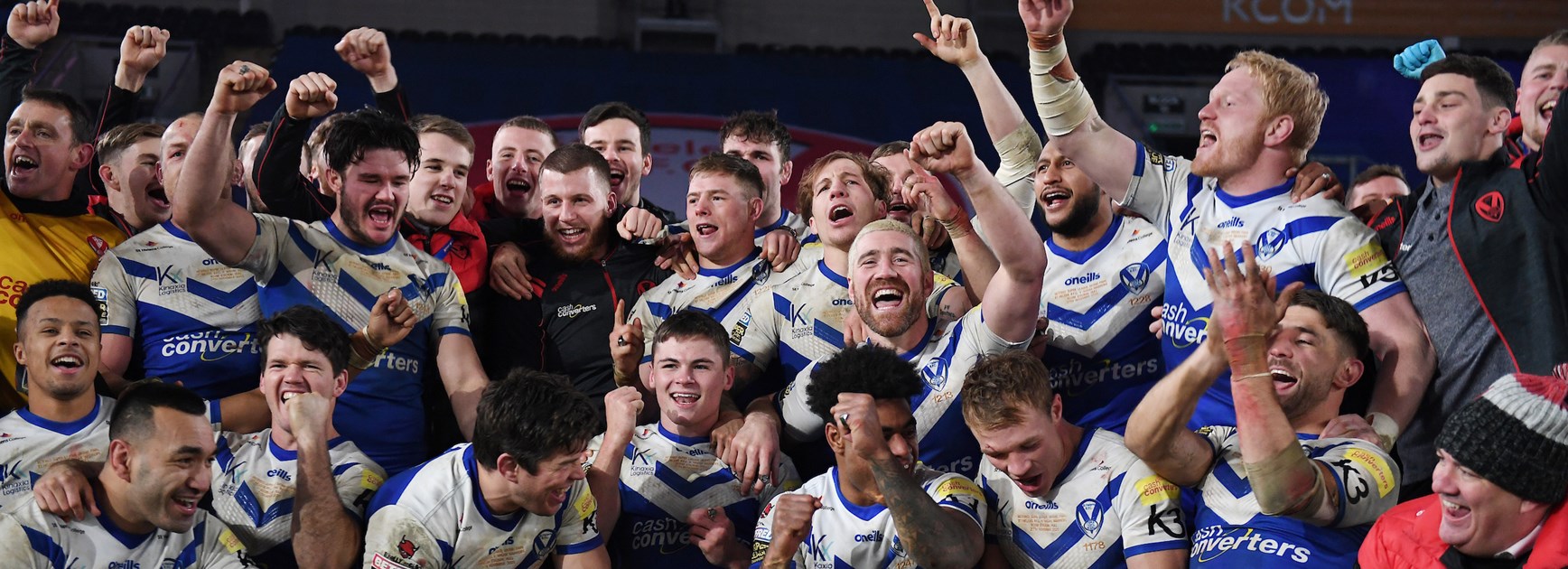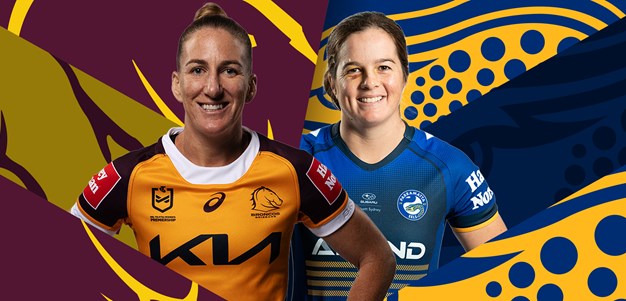
Super League officials hope to reintroduce scrums ahead of the World Cup and have adopted most of the new NRL rules but rejected the introduction of two-point field goals due to concerns it may discourage attacking play.
NRL head of football Graham Annesley addressed a virtual meeting of the RFL laws committee and told them that the ARL Commission felt scrums remained part of the fabric of the game and should be retained.
However, the 2021 Super League season will commence next month under the same emergency laws introduced last year because of COVID-19, which included scrums being replaced by a handover.
"I just explained our rule about starting with a play-the-ball when the ball goes into touch or when someone carries the ball into touch," Annesley said.
"That was intended to minimise the number of scrums but the innovation committee felt that scrums were an important part of the game and we shouldn't eliminate them completely. But they are in a different situation because of COVID."
The situation will be kept under review, with officials hoping that the emergency law can be removed and scrums reintroduced before the end of the season given the need to prepare players for the World Cup scheduled to begin on October 23.
In total, six rule changes were approved for the 2021 season, which will be applied at all levels of the game in Britain.
All have been adopted by the NRL last year or for the upcoming season, including:
- flexibility for the attacking team on the lateral positioning of scrums;
- teams retaining possession after a 20/40 kick;
- a handover of possession for an incorrect play-the-ball, and;
- the removal of scrums when the ball goes into touch.
However, the RFL Laws Committee rejected the introduction of two points being awarded for field goals outside the 40-metre line and the use of the six-again call for offside.
"The RFL have been keen to achieve as much consistency as possible between the laws applied in both hemispheres, both in domestic competitions and through the international laws," RFL chief on-field officer Dave Rotheram said
"However we remain unconvinced by the arguments for introducing a two-point drop goal, believing this to be a fundamental change in the laws of the game which could have unintended consequences in discouraging teams from seeking to score tries, especially late in each half."
Rotterdam said medical and scientific evidence suggested scrums should be banned until the COVID-19 pandemic was under control.
"With COVID-19 remaining prevalent in society, their reintroduction could present additional risk to the health of the players, and would significantly increase the number of close contacts in a match which could lead to more postponements," he said.
Risk or reward: Two-point field goal explained
"However, the laws committee agreed that the public health situation should be kept under constant review, and that scrums should be reintroduced as soon as possible – with the expectation that scrums will remain in the international laws and therefore feature in the Rugby League World Cup."
The IRL is yet to decide whether any of the new NRL rules, including the six-again call, will be introduced for Test matches and the World Cup.
"The NRL is the highest-profile rugby league competition in the world and we have got to make sure our competition is as successful as possible and as entertaining as possible," Annesley said.
"That is the approach we have taken under the commission's leadership and that we will continue to take under the commission's leadership.
"To the extent that we can get the other international playing nations to take our changes on board, obviously that is a good thing but it is not always going to be possible."



